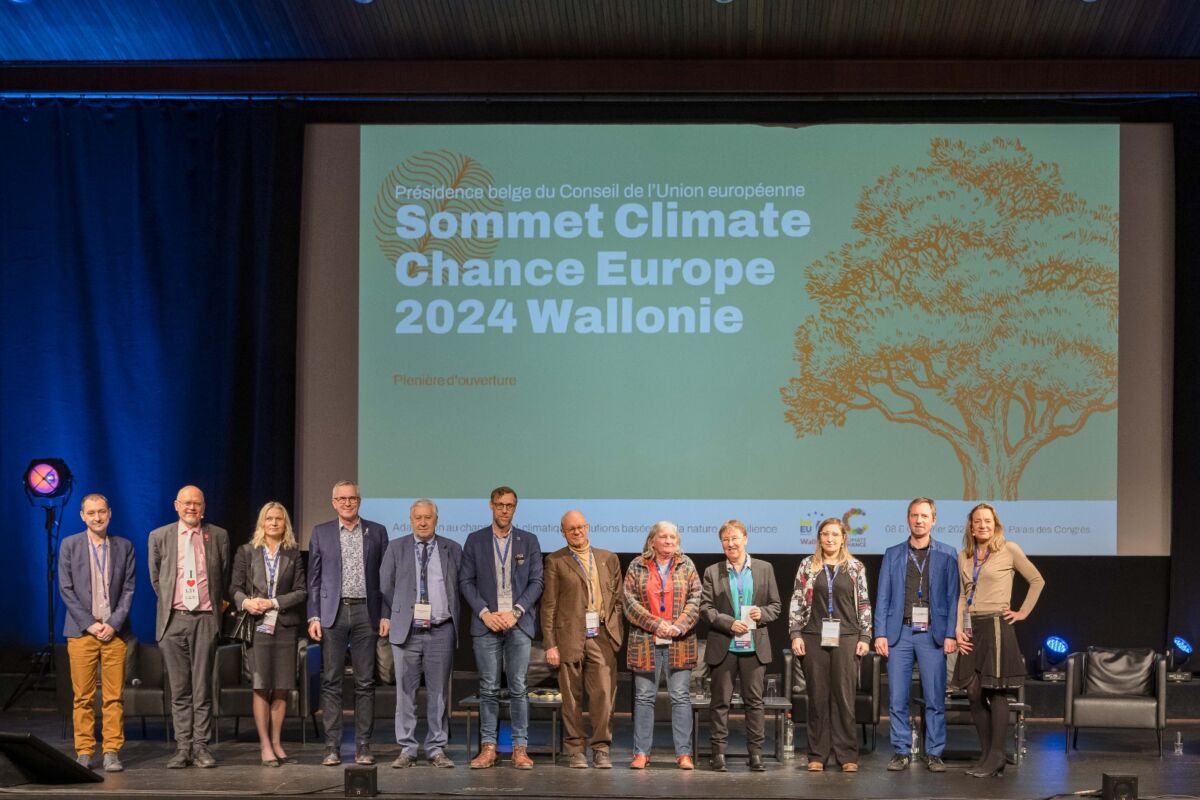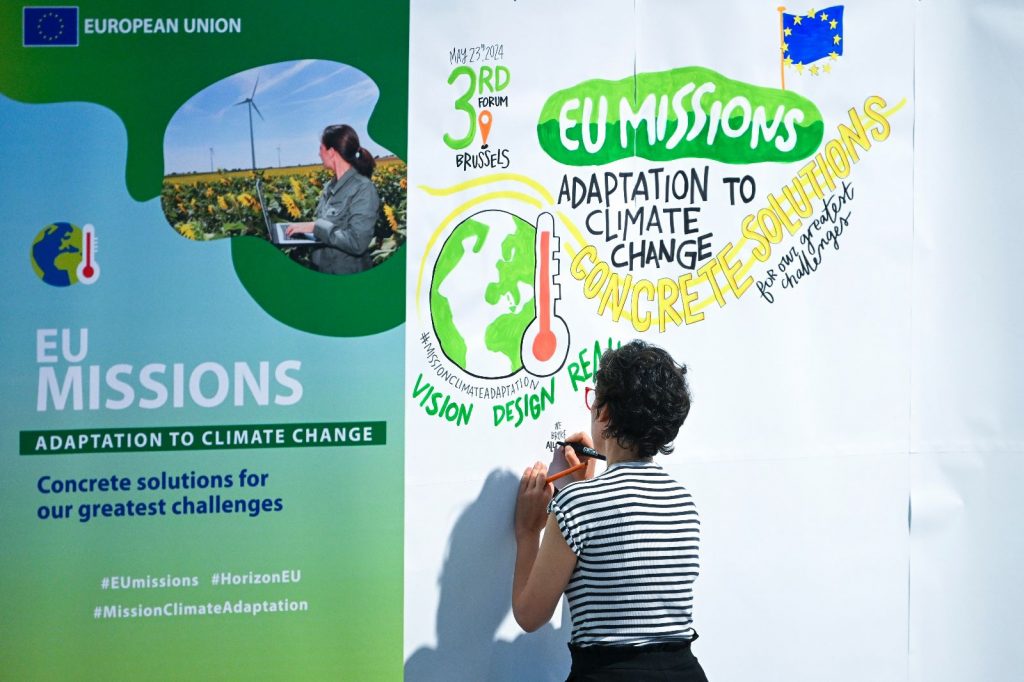The Belgian presidency challenges us on the management of climate risks
The Belgian presidency of the Council of the European Union concluded on 30 June after six months of intense exchanges and negotiations. During this period, Belgium and its three regions have raised awareness among local, European and international players about three key issues linked to the ecological transition: adaptation and resilience, just transition and circular economy. Particular emphasis was placed on adapting and building resilience to climate change impacts.
2023 marked the hottest year on record globally with Europe experiencing twice the rate of global warming. Recognising this urgency, the Belgian presidency challenged experts and political decision-makers about our management of climate risks.
Raising awareness of the risks and building collaboration
The presidency leveraged the European Climate Risk Assessment (EUCRA) published on 11 March by the European Environment Agency. This groundbreaking assessment identified 36 climate risks threatening our society if urgent and decisive measures are not taken. The following day, the European Commission published a communication on climate risk management, outlining available courses of action for Member States and the EU to better manage these risks.
These documents were presented to 10 working groups within the Council, to foster discussions beyond environmental spheres. Sectors including energy, civil protection, tourism, finance, budget, health and industry, were all engaged by the Belgian presidency. Discussions focused on the urgency of climate risks, the growing cost of inaction and the need for a systemic political response, including at EU level.
For example, in their Council conclusions adopted on 29 May 2024, EU Health Ministers called for the establishment of a climate and health programme based on the “One Health” approach. This programme would address issues like the impact of extreme temperatures, synergies between heat and air pollution, vector-borne diseases, extreme weather events such as floods and droughts, water quality and food safety. Similarly, environment and climate ministers, in their conclusions adopted on 17 June 2024, called on the European Commission to provide a proactive and systemic response across all policy areas affected by climate risks and to propose an initiative on water resilience.
Cascading discussions and strong positions
Beyond Council discussions, the Belgian presidency also organised a series of events to raise awareness and bring together the players involved in climate risk management:
- The Climate Chance Europe 2024 Wallonia Summit on 8 and 9 February 2024 culminated in the Liège Declaration. This declaration, adopted by around 100 non-state actors, including businesses, researchers, civil society and local authorities, urges the next Commission to strengthen its ambition beyond the 2021 adaptation strategy. It calls for addressing the vulnerabilities and policy needs identified in the EUCRA, along with specific recommendations.
- The Forum on the EU Mission on Adaptation to Climate Change 2024, which brought together nearly 450 local authorities and cities on 22 and 23 May 2024 in Brussels. The forum provided a platform for sharing best practices and forging partnerships crucial for building climate resilience. Participants highlighted the importance of the EU’s role in supporting innovation, knowledge exchange and on-the-ground solutions.
 |
 |



